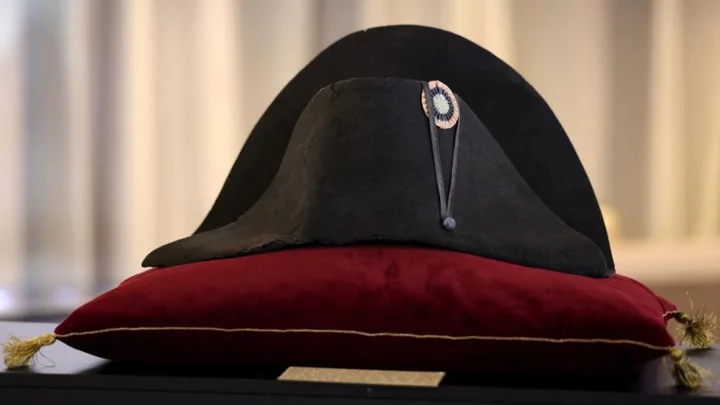By Juliette Jabkhiro
PARIS A special tribunal on Wednesday ruled that French Justice Minister Eric Dupond-Moretti did not abuse his current position to settle scores with opponents from his career as a top lawyer.
A pugnacious orator, Dupond-Moretti was alleged to have failed to have stepped back sufficiently from a case against a magistrate with whom he had sparred whilst a lawyer.
Other allegations centred on a lawsuit he filed against the office of the financial prosecutor shortly before taking up his ministerial post.
The Cour de Justice de la Republique, a special tribunal for government officials, said Dupond-Moretti was in a position of conflict of interest but criminal intent was not established, and it cleared him of the charges.
Dupond-Moretti had remained in office during the investigation and trial but a guilty verdict would have put pressure on President Emmanuel Macron, who swept to power in 2017 promising to clean up politics, to fire his minister.
He will stay on as justice minister, Prime Minister Elisabeth Borne said as she welcomed the ruling.
Dupond-Moretti, who denied any wrongdoing during the trial, left the court without making any comment. His lawyers said the ruling "ends years of (the minister) being falsely accused."
The hard left political party France Insoumise (France Unbowed) criticised the acquittal, saying it showed that the special tribunal, presided over by both judges and lawmakers, should be scrapped.
Jerome Karsenti, a lawyer for the anti-corruption association Anticor, said the special court was too lenient with those in power.
Since its creation in 1993, the Cour de Justice de la Republique has held only nine formal trials, including Dupond-Moretti's.
Past defendants have included former finance minister and current head of the European Central Bank Christine Lagarde. In 2016, she was found guilty of negligence over a government payout. She escaped punishment and kept her job at the IMF.
(Reporting by Juliette Jabkhiro, Elizabeth Pineau, Tassilo Hummel, Richard Lough; Writing by Richard Lough and Ingrid Melander; Editing by Christina Fincher, Ingrid Melander and Bernadette Baum)









